How An Article About Hair Took Me Back to My Afro-Cockney Childhood
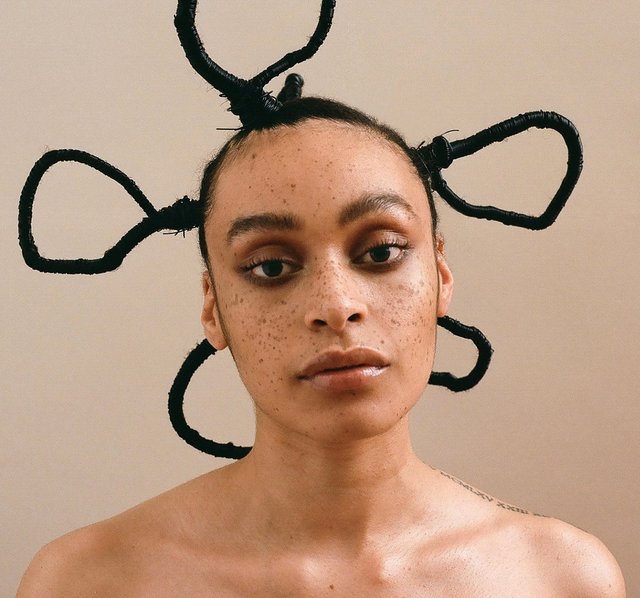
I recall once having my hair threaded just like this as a child (pic above) and being too embarrassed to wear it as confidently as I should have.
Growing up in London’s East End with Ghanaian parents has presented a very unique paradigm throughout my life.
I was, and continue to be, embedded in both cultures and have embraced many of both customs and social behaviours; from munching greasy fish & chips to eating fufu with light soup (popular Ghanaian dish, below); having a love for grime music as much as traditional highlife songs; and by default adopting a very cockney accent whilst these days attempting to learn Twi, a dialect of Ghana’s Akan language.
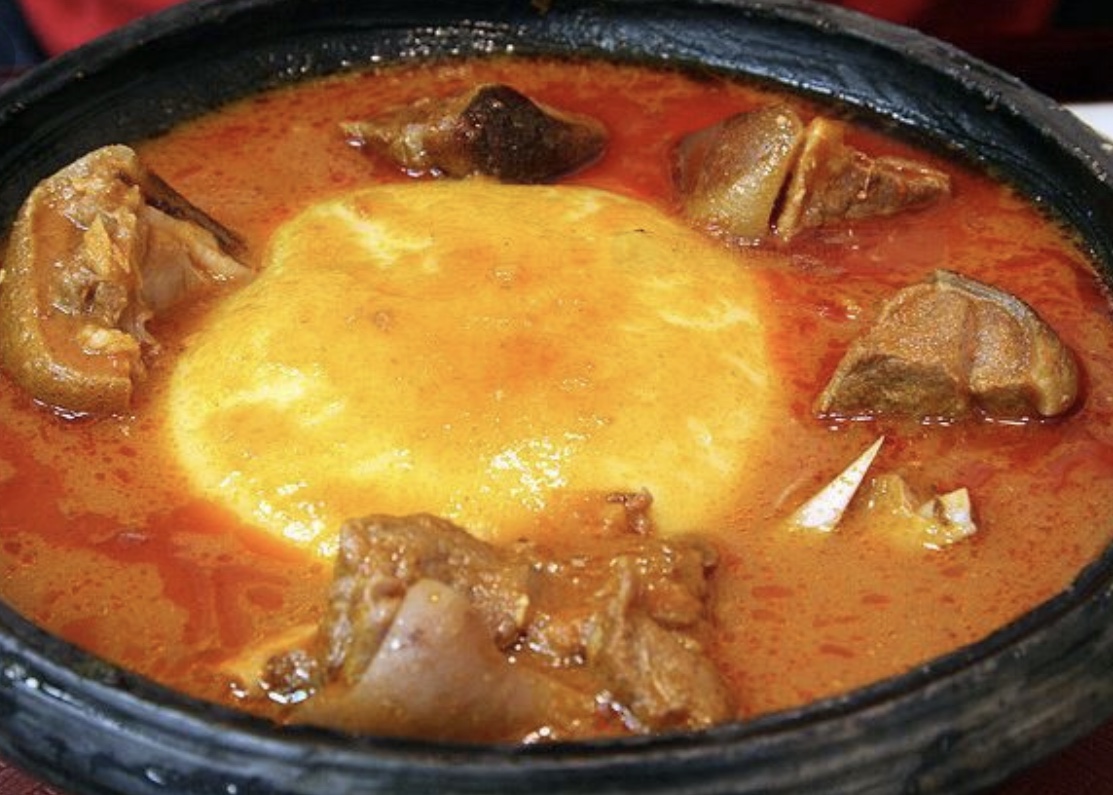
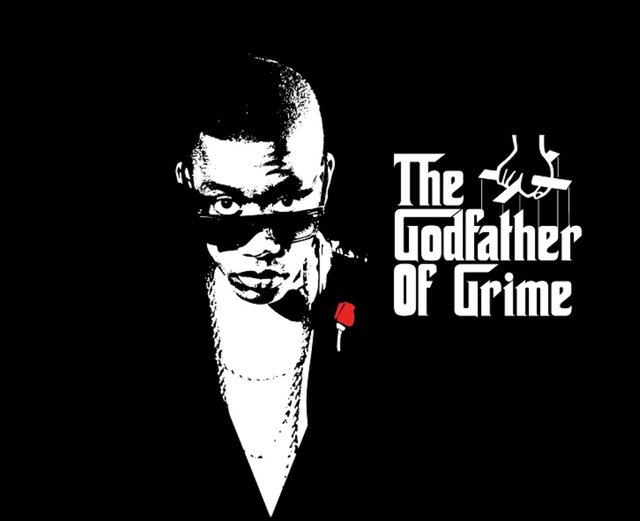
As a child in the early 90s, I attended a primary school in which I was one of less than a handful of UK-born kids with African parents at home. I didn't notice that at the time though.
Growing up in a household where I was the youngest of five dynamic siblings meant I was super confident, very protected and for the most part oblivious to anything that may have made me feel ‘left out’ or insecure (me, below).

But getting back to the point - no amount of confidence would allow me to embrace the threaded hair do!
My thought at the time was: Who wore their hair like this? Nobody on the TV or in the society I was growing up in, that’s for sure.
Most black girls I knew in London wore braids, weaves and relaxers. And our parents had jheri curls or wigs! Why do I suddenly need to be threading my hair?!
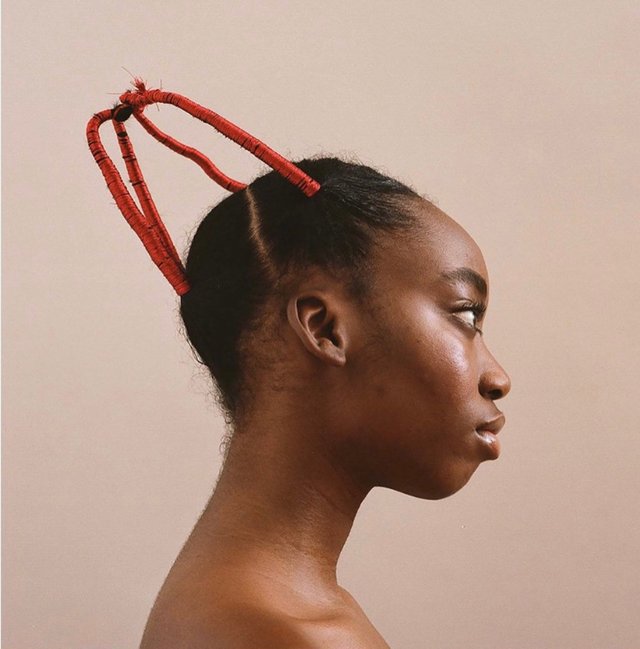
At the time, I had no clue about the regal, African history behind the threaded look, and the fact that these styles help hair to grow healthily and stay protected from the air-polluted environment. I’m sure my mum and sisters probably tried to tell me at the time - but it was falling on death ears.
Thankfully, as I grew up - and woke up - I came to embrace this element of Ghanaian culture and beauty. And it's interesting to see how, decades later, the mainstream have cottoned on to it too (pun intended, lol).
Earlier this week whilst at the Hair Lounge in London's Portobello Road, salon owner and award-winning hairdresser Charlotte Mensah brought my attention to an article she recently featured in celebrating the art form of African threading
Charlotte also styled Grammy-winning musician Erykah Badu using the same method for the British Fashion Council Awards.
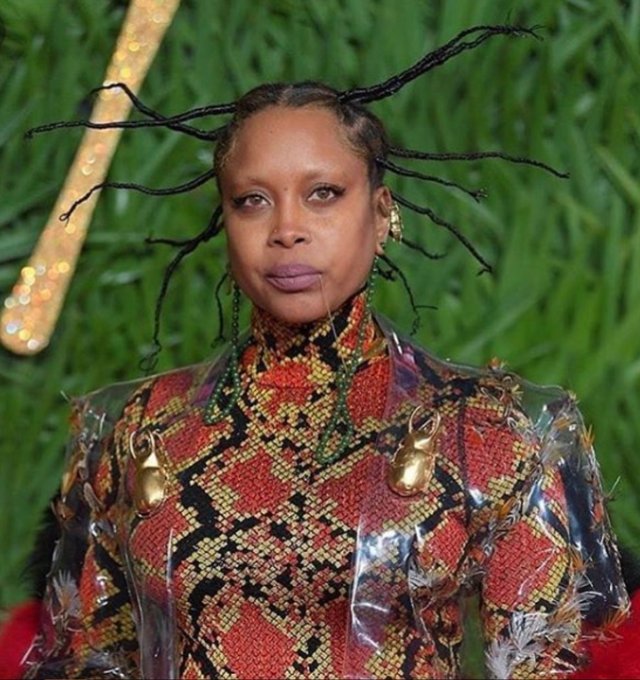
All of the pictures in the feature are Charlotte’s creative handy work, and the article accompanying the images is brilliantly written by Alice Casely-Hayford, who it seems had a similar hair identity crisis to me back in the day!
Read the full article here in Refinery29 UK
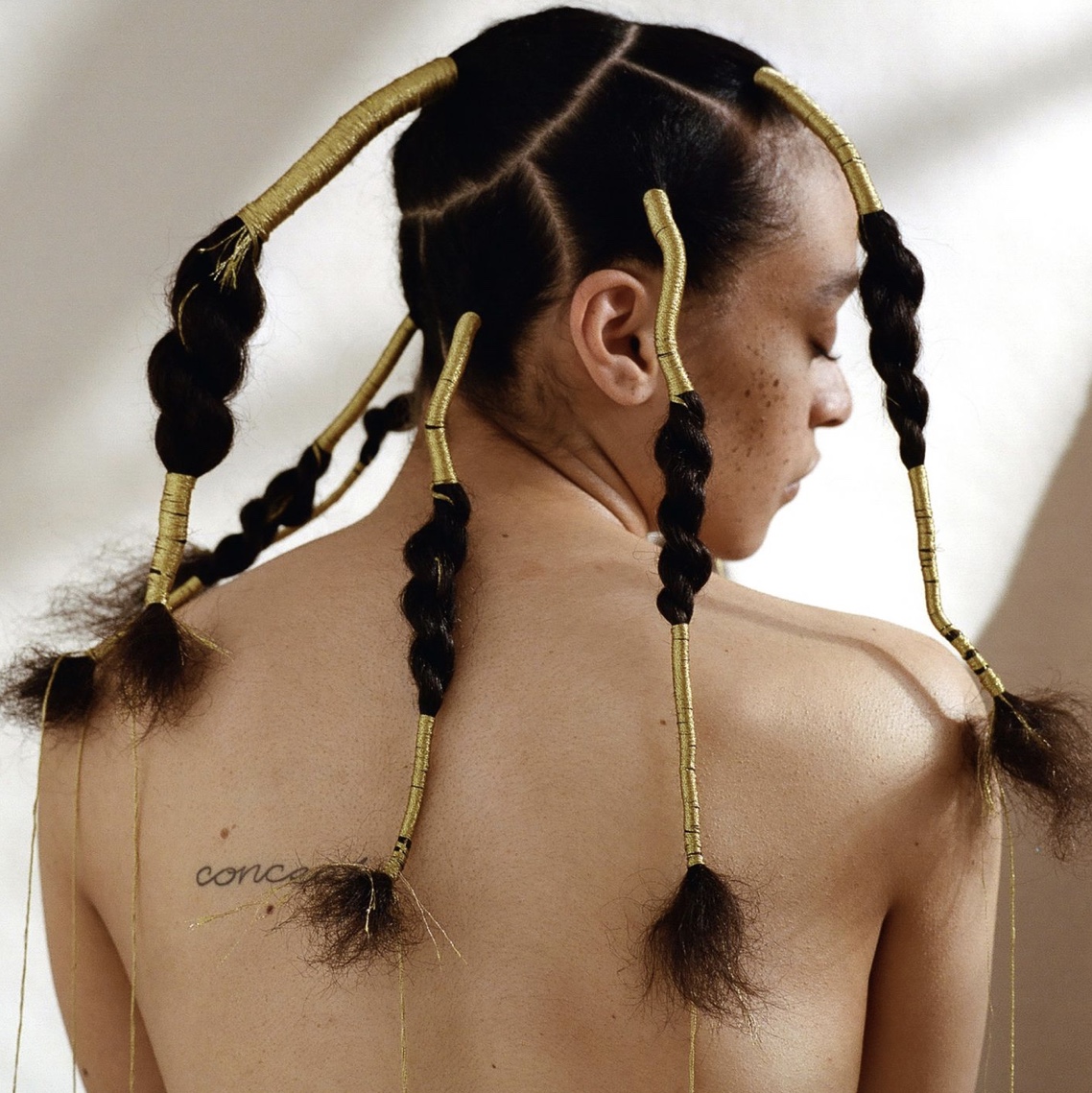
Woow, in Ghana here, Threading hair styles are still very common. Personally, I think it gives ladies a cool look.
I wouldn't have imagined you have tasted fufu with light soup before, lol.
It's actually my favorite.
I Hope you enjoy it too.
Thanks for sharing this @ak2020
Yes, I'm in Ghana a lot these days and I see that threading is still popular there.
As for fufu and light soup, of course! I grew up eating that food at home. Even though we were in the UK we still had very traditional food at home.
Omo tuo and peanut soup is my favourite though ; )
wooow, that's good to know. It seems like even though you grew up outside Ghana, you never lost touch of the ghanaian ways. If you don't mind my asking, are you able to speak any Ghanaian language? lol.
Lol... hmmm. That is the one thing I am working on. My parents spoke Twi in the house but spoke English to me so I never really picked it up. When I'm in Ghana I can understand a lot of the conversations around me, and can communicate the basics (how are you, are you hungry, thank you etc). But I have a lot more work to do! It's the speaking that I find a challenge to pick up.
I even went to Ghana Language School a couple of years ago, but the result was that I could read and write Twi - but not really speak or understand it! Lol
Aww, sorry about that. Twi is the most widely spoken local language in the country and I find that it's easy to pick up when you are surrounded by people who speak the language. Personally I am from the northern part of Ghana and speak mostly Dagbani. Over the years, I have learnt to speak a little twi myself. The problem with Ghanaian languages is that, they are just too many to learn all,lol.
But since you have started visiting more often, I have no doubt that you will eventually learn to speak. The trick is in engaging the people in twi anytime you want to communicate. You will make mistakes, but you will learn from them.
So if you don't mind my asking, do you visit Ghana for business or just to visit family?
Yes that’s true. The more time spent in the environment the easier it is to pick up.
I visit for both reasons.
This is a true beauty of Africa woman..thanks for this @ak2020
Hmmm... Ghanaian threaded look - that was new to me. African hairstyles have been a large part of my life the last 10 years because that is what happens when you have African hair in the family - at least when it is female hair! (I know a boy here in Copenhagen whose family is from Ginea and his mother makes the most beautiful hair on her daughters and cut all the hair of the boys...)
I am really looking forward to showing this to my daughter, but I am sure she will react exactly like you did back then. When you are a child you just want to be normal and not stick out.
Oh please do let me know what your your daughter thinks @katharsisdrill
Hopefully she will be encouraged by the pictures and article and embrace it!
Your post is really a very important thing from which something more can be learned and achieved. thanks for sharing your post. good job. upvote done
Many thanks!